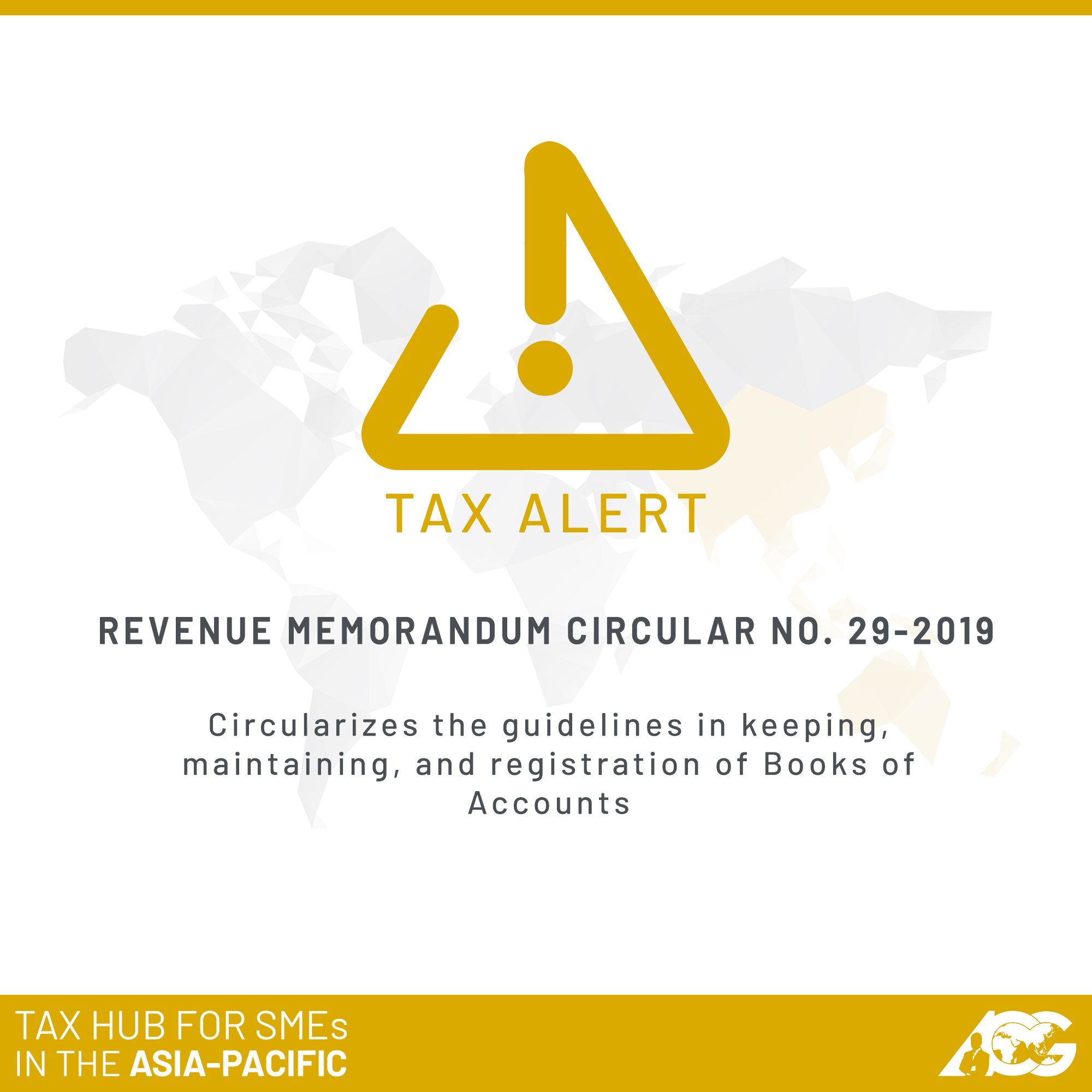SUMMARY
This is AI generated summarization, which may have errors. For context, always refer to the full article.

What are books of accounts? Are they “actual” books that have to be kept manually? Can I already do it electronically?
In most cases, yes, books of accounts are actual books that you have to fill out manually. Manual bookkeeping remains the default method for recently opened businesses.
Even if you keep track of your finances using your computer, you are still required to replicate those records in your books of accounts (if you are registered to use manual books of accounts). According to Revenue Memorandum Circular No. 29-2019, you can’t just print out your accounting records and paste them in your manual books of accounts either.
However, there are already bookkeeping methods for electronic compliance – the loose-leaf books of accounts and the computerized accounting systems – but those who want to use them will have to apply for a permit to use with the Bureau of Internal Revenue.

Do books of accounts have to be counterchecked by someone else? How long do I have to keep my books of accounts around for?
If your gross sales or receipts for the year exceeded P3 million, you are required to have your books of accounts audited by an independent certified public accountant. Failure to do so would mean a compromise penalty of up to P25,000. And that’s only if your records are correct! Any discrepancies in your books of accounts would lead to further penalties.
You are also required to retain your books of accounts for 10 years after the date when the last entry was made. However, you are only required to keep hard copies of books of accounts for the first 5 years. For the 6th to 10th years, you can just keep an electronic copy.
What’s more, you always have to keep your books of accounts updated. If you don’t, you’ll also be penalized with a compromise penalty of up to P50,000.
But don’t just keep your books of accounts for compliance purposes (yes, that’s the main reason, but that’s not all). Books of accounts allow you to keep track of your finances and will help you in checking if your business is profitable or not.
It will also help you plan which tax schedules suit you best. You can plan your tax compliance patterns by conducting annual checkups or with the help of the Asian Consulting Group’s Citizen Tax Planning.
For more questions, you can reach us at consult@acg.ph or (02) 622-7720. You can also attend the monthly Tax Hub Talks which ACG will be launching in its satellite offices in Vigan (June 14 to 15), Palawan (June 21 to 23), Laguna (July 9), Albay (July 10 to 11), and Bacolod (July 19 to 20)! – Rappler.com
Mon Abrea, popularly known as the Philippine Tax Whiz, is one of the 2017 Outstanding Persons of the World, a Move Awards 2016 Digital Mover, one of the 2015 The Outstanding Young Men of the Philippines (TOYM), an Asia CEO Young Leader of the Year, and founding president of the Asian Consulting Group (ACG) as well as the Center for Strategic Reforms of the Philippines (CSR Philippines). Assisting him in his column is JM Miñano, communications associate of ACG. He graduated with a bachelor’s degree in Communication Arts from the University of the Philippines Los Baños.
For inquiries, you may email consult@acg.ph or visit www.acg.ph for tax-related concerns.
Add a comment
How does this make you feel?
![[ANALYSIS] A new advocacy in race to financial literacy](https://www.rappler.com/tachyon/2024/04/advocacy-race-financial-literacy-April-19-2024.jpg?resize=257%2C257&crop_strategy=attention)


![[In This Economy] Can the PH become an upper-middle income country within this lifetime?](https://www.rappler.com/tachyon/2024/04/tl-ph-upper-income-country-04052024.jpg?resize=257%2C257&crop=295px%2C0px%2C720px%2C720px)

There are no comments yet. Add your comment to start the conversation.